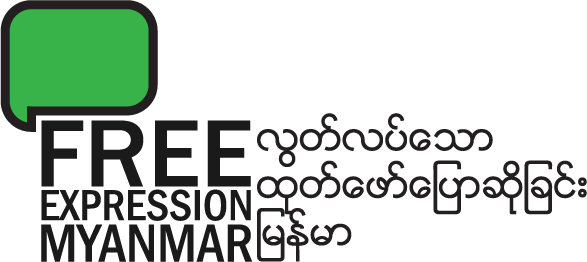Right to protest
The right to protest includes a number of principles:
General international standards on protest principles
- The right to protest includes the rights to freedom of expression; assembly; association; and public participation.
- Violations of the right to protest often involve violating the rights to life; freedom from torture, inhuman and degrading treatment; privacy; liberty and security of person.
- All governments are obligated to respect and not restrict protests; to protect protests; and fulfil the right to protest by ensuring adequate remedies when the right is violated.
General international standards on respect for the right to protest
- Everyone has the right to protest without discrimination. This includes children.
- Facilitating protests should be the rule and any restrictions must be the exception.
- Governments must repeal any requirement for getting permission to protest. Any requirement for protesters to notify authorities should be voluntary. Any notification should be
- Intended to enable the government to facilitate the protest
- Expected no more than 48 hours in advance
- Enable spontaneous protest.
- The right to protest includes the right to choose where and in what form and manner protests are held. This includes any place that is functionally public, including offline and online. It also includes moving protests. This includes choice of duration, and any non-violent direct action or civic disobedience.
- Any restrictions to the right to protest must pass the three-part test.
- Restrictions must be prescribed in law, and have sufficient precision for people to understand what is lawful and what is not, and what the sanction would be for carrying out unlawful protest.
- Restrictions must be in the genuine pursuit of a legitimate aim, either: the protection of national security; public order; the protection of public health or morals; the protection of the rights and freedoms of others; or for public safety.
- Restrictions must be necessary. They should be in response to a pressing social need; be the least intrusive approach; and be proportionate
- Generally, restrictions should not be allowed based on having content that: contradicts the government’s own views; criticises the government or public officials; annoys or gives offence to other people; advocates change of government or government policy; criticises the nation, its symbols, departments or officials; or criticises religions or religious ideas.
General international standards on protection of the right to protest
- Governments must protect the right to protest in law. Laws should be adopted in full consultation with civil society and include safeguards against undue restrictions.
- Governments must protect the right to protest in practice. Governments must facilitate protests, actively protect protesters and others from harm, and ensure particular groups at risk, including children and persons with disabilities, are protected.
- Governments must ensure policing protects the right to protest. Policing should be: guided by human rights standards; trained in handling protests in a proportionate manner; and be done in a manner that priorities dialogue with protest organisers.
- Dispersing protests should always be taken as a last resort and only if there is an imminent threat of violence. Dispersals should never be taken due to non-notification of the protest. Isolated acts of violence by individuals should not justify dispersal – the individuals should be targeted only.
- Governments must adopt clear guidelines for the police’s use of force. Use of force should be used only: in exceptional circumstances; when strictly necessary; in response to the imminent threat of violence; and in a proportionate manner.
- All arrests or detentions must be done following the law based on a reasonable suspicion of an offence or to prevent an offence. Any protesters arrested or detained in a group should have been individually observed doing unlawful actions.
- Participation in a protest alone must never be unlawful. Liability is always individual and organisers should not be prosecuted for the actions of others.
General international standards on fulfilling the right to protest
- Governments must ensure adequate civil and criminal remedies for violations of the right to protest. Investigations must be effective, speedy and done independently.
- Governments must ensure that any decisions made about protests are lawful, transparent and accessible to the public
- Governments must facilitate independent monitoring of protests by media and other independent observers. This includes protecting their safety.
မကြာမှီလာမည်!
